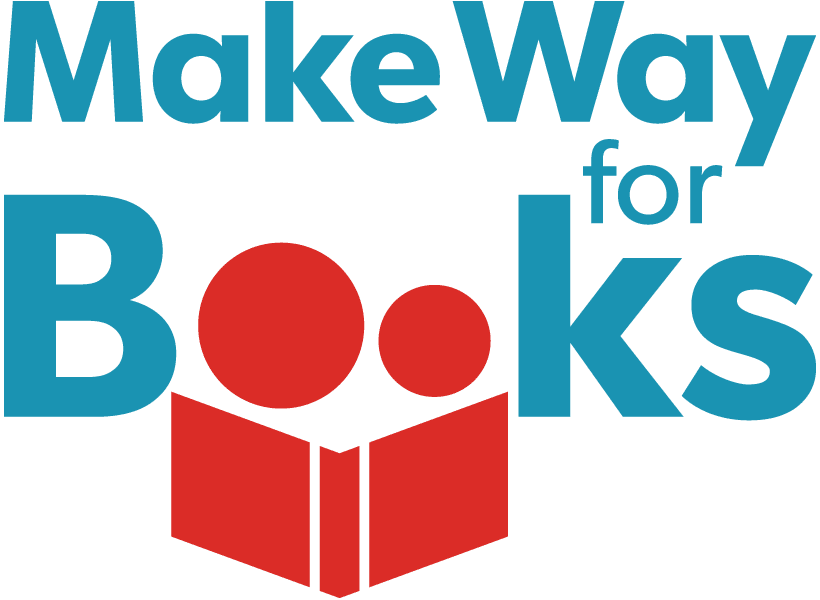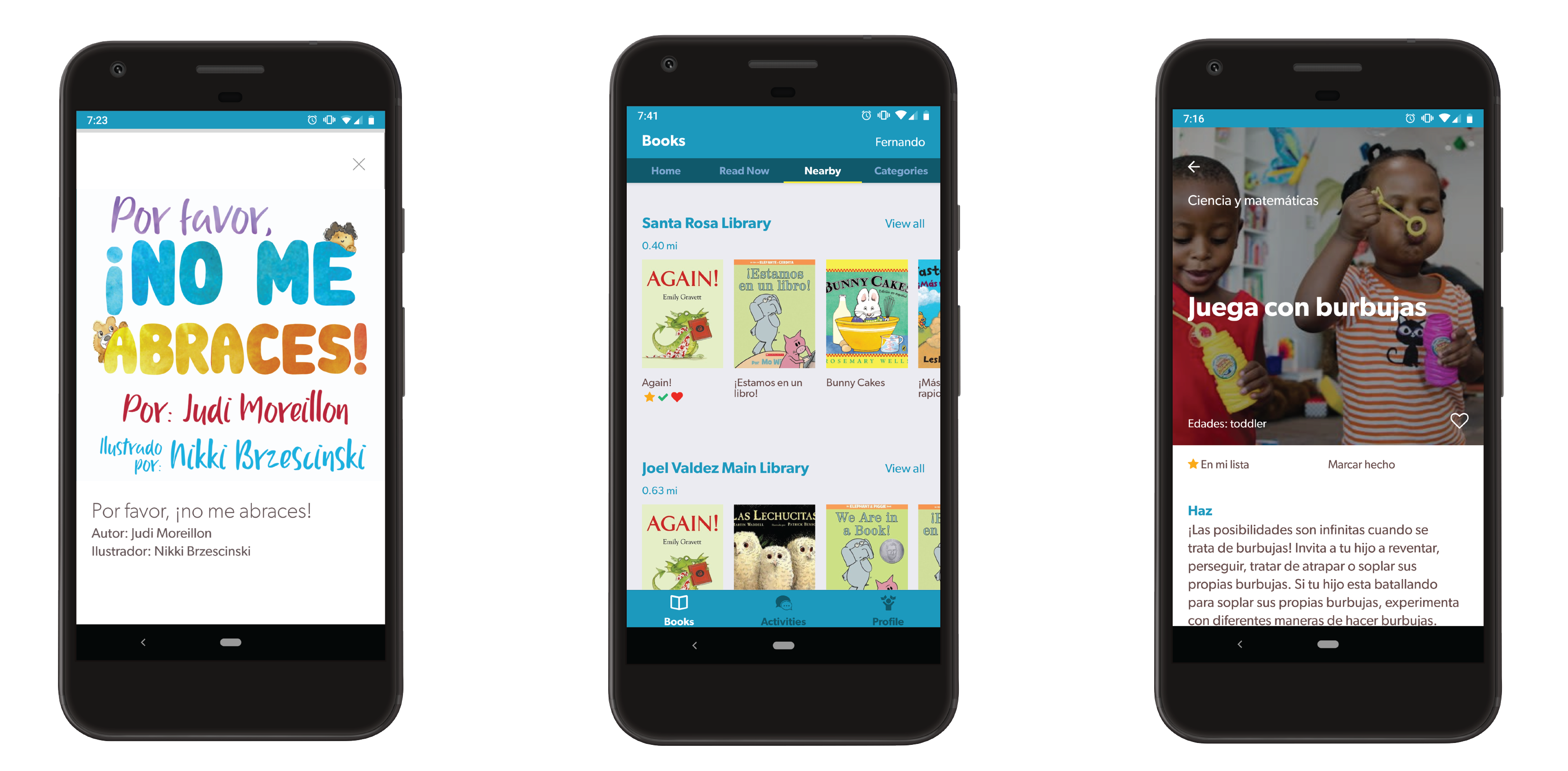Hey there, bookworms and curious minds! Let’s talk about something that’s close to all our hearts—books. Yeah, you heard me right, books! In a world filled with screens, podcasts, and endless scrolling, there’s still something magical about cracking open a book and diving into its pages. Whether it’s fiction, non-fiction, or even a self-help guide, books have this unique power to transport us to new worlds and expand our minds. So, let’s make way for books and explore why they’re still relevant in today’s fast-paced digital era.
You might be wondering, why are books still so important when we have so many other options for consuming information? Well, my friend, it’s not just about the content—it’s about the experience. Books offer something that no screen can replicate: a deep, immersive connection that helps us think, feel, and grow. And trust me, in this age of instant gratification, that kind of connection is more valuable than ever.
So, whether you’re a die-hard book lover or someone who’s just starting to appreciate the written word, this article is for you. We’re going to dive deep into why books matter, how they impact our lives, and why it’s time to make way for books in your daily routine. Let’s get started!
Read also:Access Remote Iot Device Free Aws Your Ultimate Guide
Table of Contents
- The History of Books: A Journey Through Time
- Benefits of Reading Books: Why They’re Still King
- Books in the Digital Age: Surviving the Screen Takeover
- Types of Books: Finding Your Perfect Match
- Building Better Reading Habits: Tips and Tricks
- The Science Behind Reading: How Books Boost Your Brain
- Books and Community: Building Connections Through Stories
- Challenges Facing the Book Industry Today
- The Future of Books: What’s Next for the Written Word?
- Conclusion: Why We Need to Make Way for Books
The History of Books: A Journey Through Time
Books haven’t always been what they are today. Back in the day, stories were passed down orally, and then came the invention of writing. Fast forward to the 15th century, and we have Johannes Gutenberg revolutionizing the world with the printing press. Boom! Suddenly, books became accessible to more people than ever before.
But let’s not forget the evolution of book formats. From clay tablets to papyrus, from handwritten manuscripts to mass-produced paperbacks, books have come a long way. And now, with e-books and audiobooks, the way we consume stories has changed once again. But no matter the format, one thing remains constant: the power of the written word.
Key Moments in Book History
- 3000 BCE: The Sumerians create the first known writing system on clay tablets.
- 1440: Gutenberg invents the printing press, making books more accessible.
- 1990s: The rise of e-books brings a digital revolution to the publishing world.
So, when we talk about making way for books, we’re not just talking about today’s bestsellers. We’re talking about a rich history that has shaped human civilization. And trust me, that’s something worth celebrating.
Benefits of Reading Books: Why They’re Still King
Okay, so we know books have a storied past, but what about their present-day value? Let’s break it down. Reading books has been shown to improve cognitive function, reduce stress, and even increase empathy. Yeah, that’s right—books can make you a better person.
But wait, there’s more. Studies have shown that people who read regularly tend to have better concentration, memory, and critical thinking skills. And let’s not forget the joy of discovering new worlds, characters, and ideas. Books offer a kind of escapism that no other medium can match.
Top Benefits of Reading Books
- Improved cognitive function
- Stress reduction
- Increased empathy
- Enhanced vocabulary and language skills
- Deeper understanding of complex topics
And let’s be real, there’s nothing quite like the smell of a new book or the satisfying feeling of turning a page. These little moments of joy are what make books so special. So, if you’re looking for a way to improve your life, making way for books is a great place to start.
Read also:Paul Mishkin Net Worth The Untold Story Of A Business Tycoon
Books in the Digital Age: Surviving the Screen Takeover
Now, let’s talk about the elephant in the room—the digital age. With smartphones, tablets, and e-readers at our fingertips, some might argue that traditional books are becoming obsolete. But guess what? They’re wrong. Dead wrong.
While digital formats have definitely changed the way we consume books, they haven’t replaced them. In fact, physical books are still hugely popular, and many people prefer the tactile experience they offer. And let’s not forget the nostalgia factor. There’s just something about holding a book in your hands that no screen can replicate.
Why Physical Books Still Matter
- Tactile experience: The feel and smell of a book are irreplaceable.
- No distractions: Unlike screens, books don’t have notifications or ads.
- Collectible value: Many people love building personal libraries.
So, while the digital age has brought some challenges, it’s also opened up new opportunities for book lovers. Whether you’re reading on a Kindle or flipping through the pages of a paperback, the important thing is that you’re still making way for books in your life.
Types of Books: Finding Your Perfect Match
Let’s face it, not all books are created equal. There’s a whole world of genres and formats out there, and finding the right one for you can be overwhelming. But don’t worry, we’re here to help. Here’s a quick breakdown of some popular book types:
Popular Book Genres
- Fiction: From romance to sci-fi, there’s something for everyone.
- Non-Fiction: Dive into history, science, or self-improvement.
- Graphic Novels: A perfect blend of visuals and storytelling.
- Poetry: For those who love language and rhythm.
And let’s not forget the different formats. Whether you’re into hardcovers, paperbacks, e-books, or audiobooks, there’s a format that suits your lifestyle. So, whether you’re a night owl who loves curling up with a good book or a commuter who prefers listening on the go, there’s a way to make way for books in your life.
Building Better Reading Habits: Tips and Tricks
Alright, so you’re convinced that books are worth your time. But how do you actually make reading a regular part of your routine? It’s easier than you think. Here are some tips to help you build better reading habits:
Top Tips for Building Better Reading Habits
- Set a reading goal: Whether it’s one book a month or 20 minutes a day, having a goal keeps you motivated.
- Create a reading nook: Find a comfy spot where you can focus on your book without distractions.
- Join a book club: Discussing books with others can deepen your understanding and keep you accountable.
- Try different genres: Don’t be afraid to step out of your comfort zone and try something new.
And remember, it’s not about how fast you read or how many books you finish. It’s about enjoying the experience and making time for something that enriches your life. So, take it slow, and let the books guide you.
The Science Behind Reading: How Books Boost Your Brain
Now, let’s get nerdy for a minute. Did you know that reading books can actually change your brain? Studies have shown that reading activates different parts of the brain, improving neural connections and even increasing gray matter. Cool, right?
But the benefits don’t stop there. Reading has been linked to improved memory, better focus, and even a reduced risk of Alzheimer’s disease. And let’s not forget the emotional benefits. Books can help us process complex emotions and understand different perspectives, making us more empathetic and well-rounded individuals.
Key Findings on the Science of Reading
- Improved neural connections
- Increased gray matter
- Enhanced memory and focus
- Reduced risk of cognitive decline
So, the next time someone tells you that reading is a waste of time, you can hit them with some science. Books aren’t just entertainment—they’re brain food. And who doesn’t want a healthier, happier brain?
Books and Community: Building Connections Through Stories
Books aren’t just a solitary activity—they’re also a great way to connect with others. Whether you’re discussing a favorite novel with friends or joining a local book club, books can bring people together in meaningful ways.
And let’s not forget the power of storytelling. Books allow us to explore different cultures, perspectives, and experiences, helping us understand and empathize with others. In a world that often feels divided, books offer a bridge to understanding and connection.
Ways Books Build Community
- Book clubs: Discussing books with others deepens understanding and builds relationships.
- Storytelling: Books allow us to share and explore diverse experiences.
- Community events: Book fairs, readings, and workshops bring people together.
So, the next time you’re feeling disconnected, why not pick up a book and start a conversation? You never know who you might meet or what you might learn.
Challenges Facing the Book Industry Today
Of course, no discussion about books would be complete without addressing some of the challenges facing the industry today. From rising production costs to competition from digital media, book publishers and authors are facing a tough landscape.
But it’s not all doom and gloom. Many authors and publishers are finding innovative ways to reach readers, from self-publishing to online platforms. And let’s not forget the power of independent bookstores, which continue to thrive despite the odds.
Key Challenges and Opportunities
- Rising production costs
- Competition from digital media
- Innovative publishing models
- Support for independent bookstores
So, while there are challenges, there are also opportunities. And as readers, we have the power to support the book industry by buying books, attending events, and spreading the word about the authors and stories we love.
The Future of Books: What’s Next for the Written Word?
So, what does the future hold for books? Well, one thing’s for sure—they’re not going anywhere. While the way we consume books may continue to evolve, the power of the written word remains timeless.
As technology advances, we may see even more innovative formats and platforms emerge. Imagine interactive books that respond to your choices, or virtual reality experiences that bring stories to life. The possibilities are endless.
Predictions for the Future of Books
- Interactive and immersive formats
- Increased focus on diversity and representation
- More emphasis on sustainability in book production
But no matter what the future holds, one thing will always remain true: books have the power to transform lives. And as long as there are stories to tell and readers to listen, there will always be a place for books in our world.
Conclusion: Why We Need to Make Way for Books
So, there you have it—a deep dive into why books still matter in today’s world. From their rich history to their cognitive benefits, books offer something that no other medium can match. And while the future may bring changes, one thing remains constant: the power of the written word to inspire, educate, and connect us.
So, let’s make way for books in our lives. Whether you’re reading for pleasure, learning, or growth, books have something to offer everyone. And remember, the more we support


